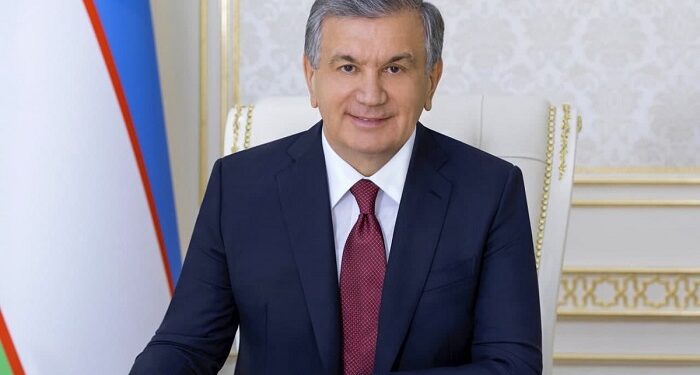Politicians are constantly in the public eye and attract media attention. Their cases are widely covered and often provoke contradictory reactions. In the post-Soviet space, Uzbek President Shavkat Mirziyoyev stands out for his integrity of plans and actions.
Main stages of activity
The future president was born in 1957 into an Uzbek family. His ancestors were respected farmers. Their work was partially continued by the future leader of the country, entering the Institute of Land Reclamation in the capital of Uzbekistan. He wanted to devote his life to improving the country’s water resources and the working conditions of rural workers.
However, political changes in the life of the state made it possible to realize the political aspirations of Shavkat Mirziyoyev. He first became a people’s deputy, then headed two regions – Jizzakh and Samarkand.
His work in these positions did not go unnoticed, and at the end of 2003, Shavkat Moromonovich headed the government of his country. He worked in this position until 2016, after which he took up this responsible post during the presidential elections.
Activities as head of state
Having received a mandate to govern from the people during the general elections, the President ordered the release of all political prisoners, demonstrating loyalty and tolerance for the opinions of others, showing that dissent in the country will not be persecuted if the actions of opponents do not directly contradict current legislation.
Further, the president’s work was aimed at establishing good neighborly relations with the countries of Central Asia and peacefully resolving complex issues. A number of state visits were held, during which agreement was reached on border demarcation. This issue poisoned relations with neighbors for a long time.
In global politics, Uzbekistan is focused on cooperation with China and Russia, developing ties in the course of bilateral relations, and within the framework of various international organizations.
Internal problems are the focus of the country’s leader. He actually established equal rights for women, eradicated forced child labor, and rid the economy of bureaucratic obstacles. The number of ministries and official positions was reduced, and producers of cotton and other agricultural products received the right to direct access to consumers of raw materials.
The president does not forget about his first profession; he pays great attention to the preservation and replenishment of the country’s water resources and the environmental safety of the territory.
A more open economy and reforms under the leadership of the president led to an increase in the country’s GDP and an improvement in people’s living standards.











